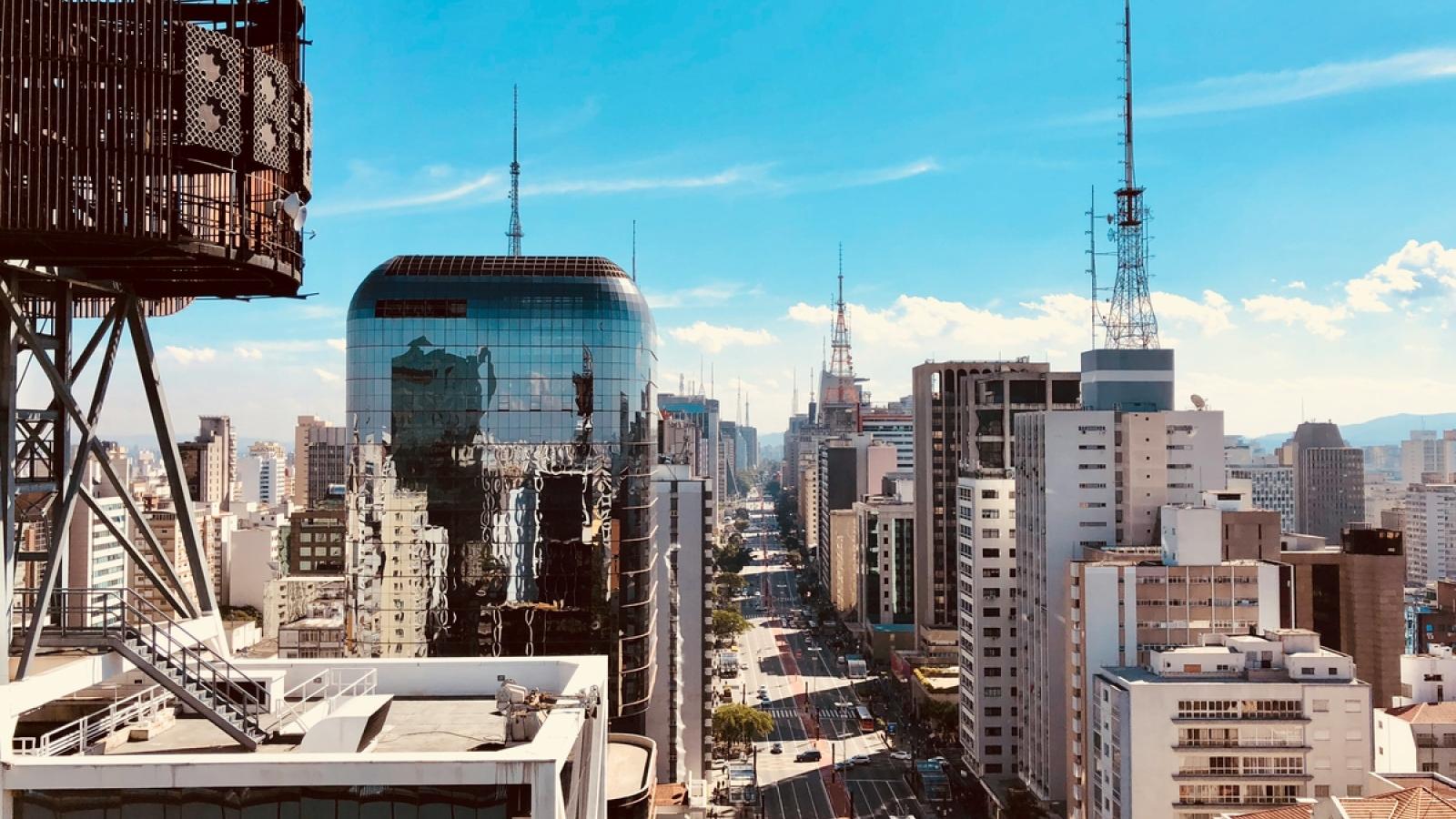Corporate Governance in Brazil


The corporate governance regime applicable to Brazilian listed companies is basically established by the Brazilian Corporation Law,2 the rulings issued by the Brazilian Securities Commission (CVM) and the listing rules issued by the Brazilian Stock Exchange (B3)3 to each of its listing segments.
Among the Law and rules mentioned above, it is important to highlight that CVM enacted a new ruling in June 2017 – Ruling No. 586 – establishing the obligation for listed companies to disclose, on an annual basis,4 'Brazilian Corporate Governance Code: Listed Companies Information', whereby companies shall indicate, in relation to each recommendation of the Corporate Governance Code, whether the company was compliant, and if not, provide an explanation for the non-compliance (i.e., a comply or explain approach). The Corporate Governance Code for listed companies was elaborated by GT Interagentes (the Interagents Working Group, which comprises 11 of the most important agencies concerned with the Brazilian capital markets) and issued on 16 November 2016.
Of the B3 listing segments, the Novo Mercado has the highest standards of corporate governance rules, followed by Level 2 and Level 1. There is also the BOVESPA MAIS, an organised over-the-counter market managed by B3 and created as a way for small and medium-sized companies to access the capital markets. It falls under the authority of CVM, a federal independent agency reporting to the Ministry of Finance that supervises and enforces listed companies' compliance with the Corporation Law and the rules issued by CVM. This enforcement can result in the imposition of fines and restrictions on companies and their administrators.
B3 is responsible for supervising compliance with its listing rules and has the authority to impose on companies and their administrators contractual fines and other sanctions, such as suspension and exclusion from trading in shares in the B3 environment.
Most Brazilian listed companies do not have widely held stock, but in recent years there has been a trend for CVM to stimulate the participation of minority shareholders in the governance of companies through the creation of a mechanism that enables all the shareholders to send their votes electronically prior to any shareholders' meeting. In 2017, implementation of this mechanism was only mandatory for the main companies listed on B3; however, as from 2018 it became mandatory for all companies.
CVM has also enacted rules in recent years to improve the quality and amount of information that a listed company must disclose to its investors, including Ruling No. 480, published at the end of 2009, which created the reference form, a document containing very detailed information about the company that must be updated at least once a year; and Ruling No. 481 (published simultaneously with Ruling No. 480), which sets forth the mandatory information that must be disclosed by listed companies on an ordinary basis and prior to each shareholders' meeting. Both these rules have already been adjusted to incorporate improvements that CVM considered necessary.
Furthermore, B3 launched the State-Owned Enterprise Governance Programme in September 2015 in response to the recent scandals and political use of state-owned companies by the government. The Programme aims to restore investor confidence in state-owned companies (which are significant elements of the Brazilian capital markets) by enhancing the corporate governance rules of these companies in the following ways:
- through more clear disclosure of the company's objectives;
- through the creation of mechanisms to remove administrators who divert company activities from the stated objective;
- through the establishment of detailed nomination criteria encompassing the qualifications and expertise of the administrators; and
- through the commitment of the public controlling shareholder to comply with corporate governance best practice.
2018 was a unique year for corporate governance in Brazil, since in this year we saw:
- the publication of the first Corporate Governance Code: Listed Companies Information, which will be required from the companies whose shares are part of the IBOVESPA index or the IBrX-100 index;
- the application of some of the changes in the Novo Mercado Listing Rules that became effective as from 2 January 2018 (other changes will become effective in 2021), such as the disclosure of material facts and earnings releases in Portuguese and English, disclosure of the resignation or removal of board members and officers through material fact or announcement to the market within the business day following the resignation or removal, and the mandatory statement of the board of directors regarding tender offers; and
- implementation of the proxy voting system for all the listed companies on B3. We expect that in 2019 the companies will keep improving their corporate governance disclosure, as a result of the recent changes implemented in 2018 described above, and to have new companies accessing the capital markets due to the favourable economic environment that we expect in Brazil as a consequence of the election of a new president with a clear pro-business agenda in the economy.
***
Resources:
More detailed information regarding corporate governance rules applicable to listed companies in Brazil is available at https://thelawreviews.co.uk/edition/the-corporate-governance-review-edition-9/1189442/brazil
*****
Contact
Instituto Brasileiro de Governança Corporativa
Av. das Nações Unidas, 12.551 - 21º andar - São Paulo
+55 (11) 3185-4200
4020-1733 (Demais localidades)








